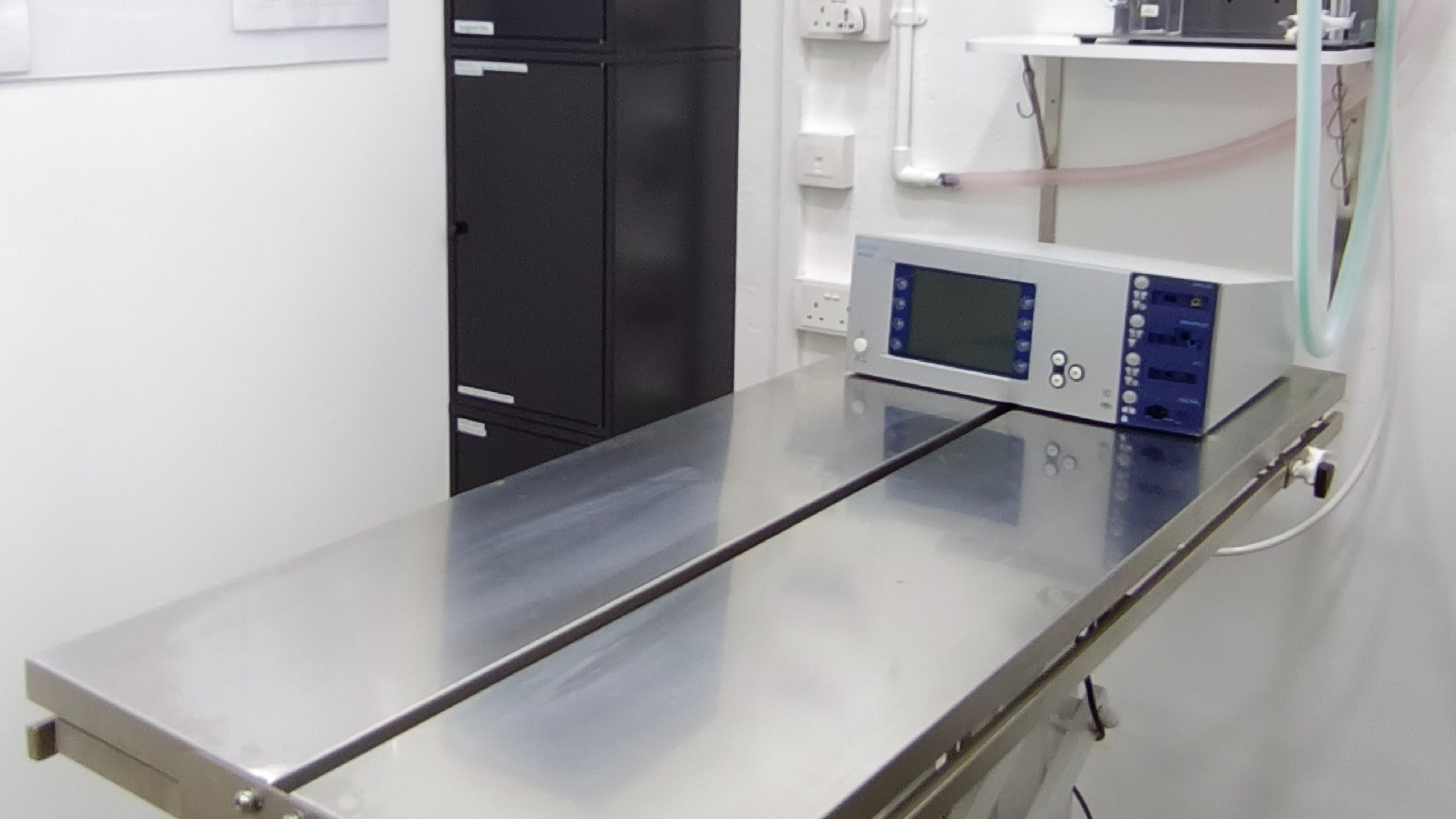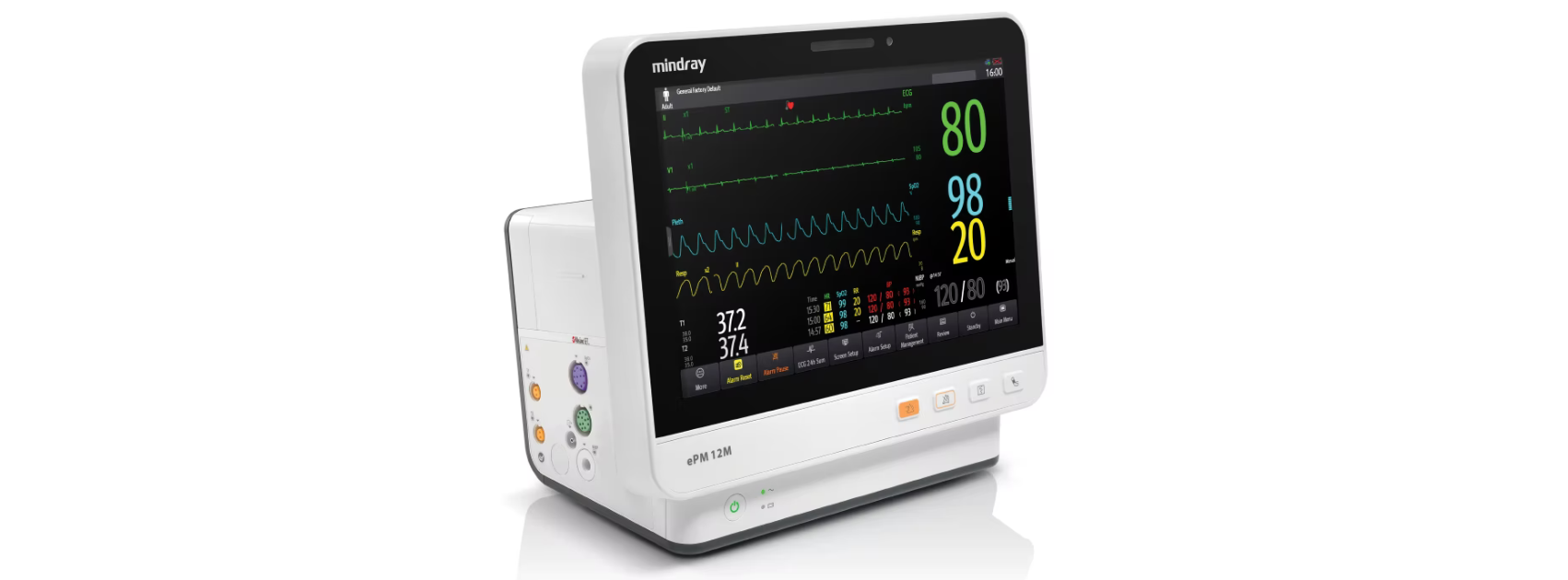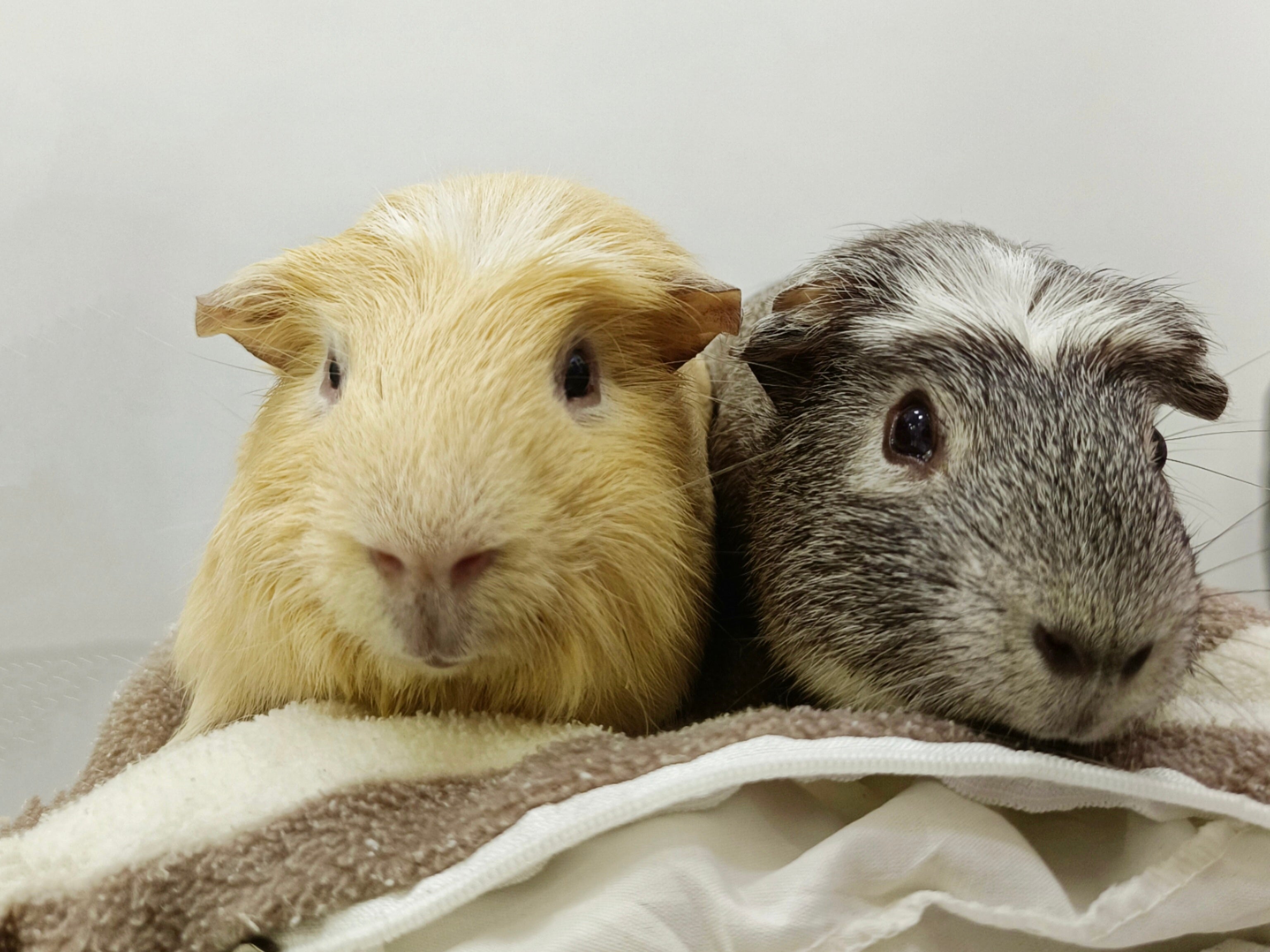Surgery
Surgery
Call us: 6635 8646 (Toa Payoh Branch) or 6346 8646 (Swan Lake Branch)

Surgery
Sterilization refers to the surgical removal of part of, or the entirety of a reproductive organ. In addition to preventing unwanted breeding, sterilization is beneficial for both genders as it significantly reduces the
risk of tumours originating from an animal’s reproductive organs. In females, sterilization has been correlated to a reduced risk of mammary gland tumours, ovarian tumours, and pyometra. Similarly, males are expected to be at reduced risk of testicular cancer and prostate disease.
We perform a wide range of soft tissue procedures. The following surgeries are the most common soft tissue procedures we perform:








